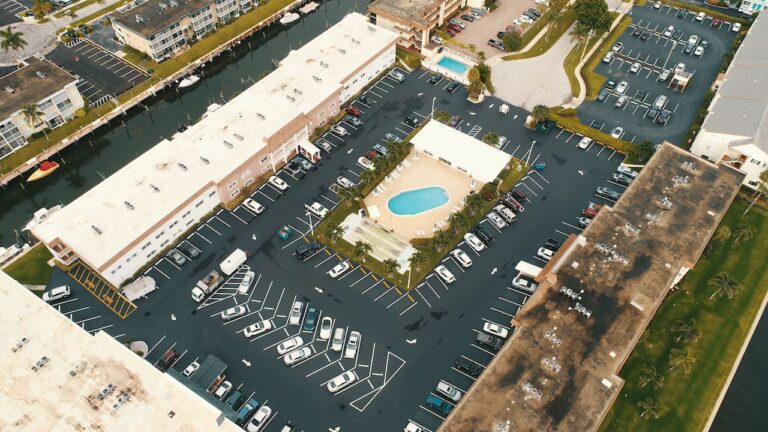
Asphalt Sealcoating: Is Thicker Better?
Asphalt pavements are famous for their versatility, safety, and aesthetics, and they are both economical and rapid to install. Asphalt has become the leading paving

Asphalt pavements are famous for their versatility, safety, and aesthetics, and they are both economical and rapid to install. Asphalt has become the leading paving
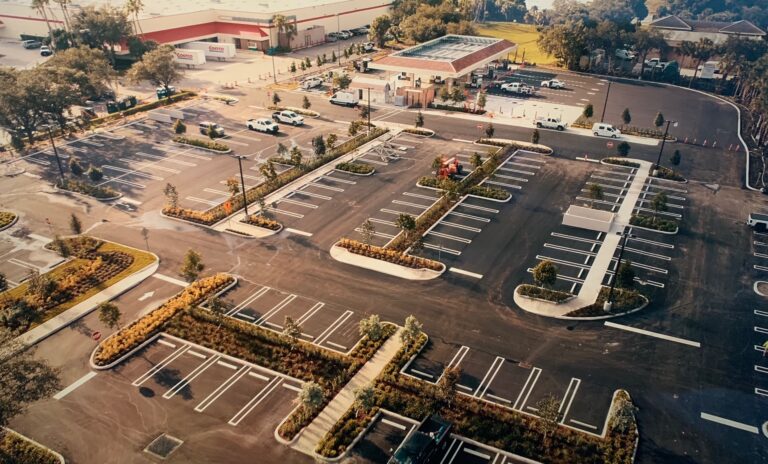
Asphalt paving is a great choice for most commercial projects. It is more economical and faster to install than a comparable concrete pavement, and repairs
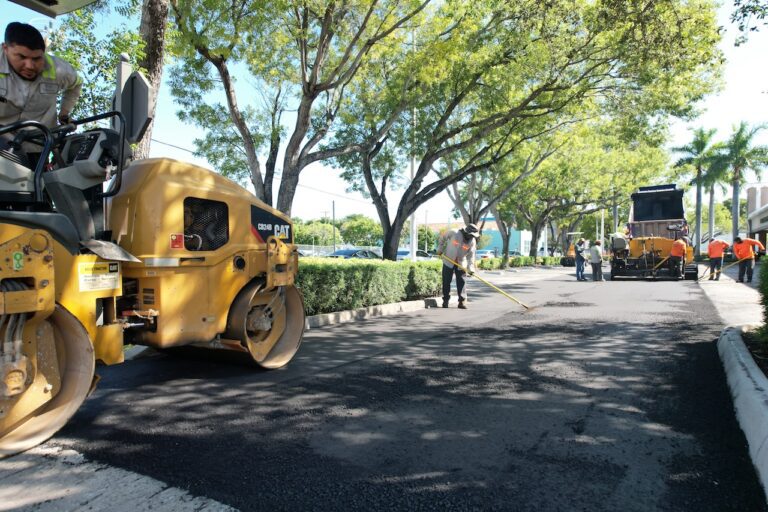
Asphalt is the leading choice for a wide variety of pavements throughout North America, and it has been for several decades. Asphalt is less expensive
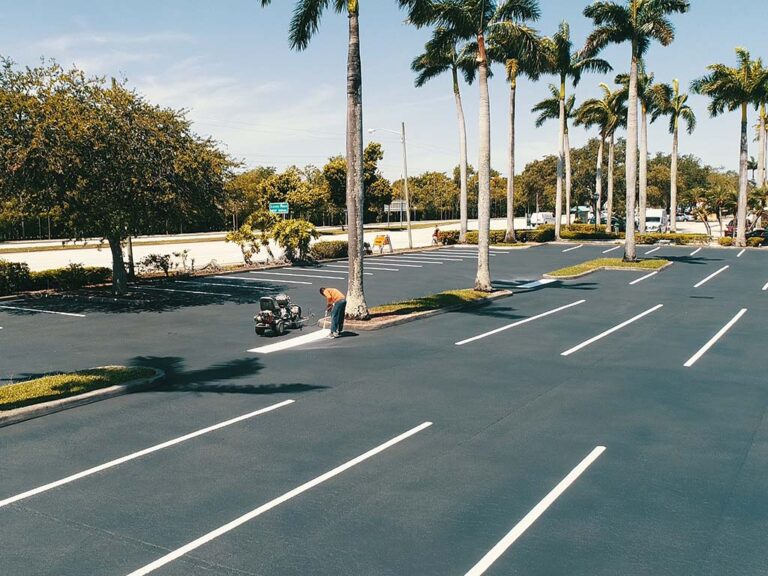
Striping / Signage Commercial Parking Lot and Asphalt Striping, Markings & Signage Work with one of the best & most trusted commercial asphalt paving contractors
Regardless of the type of business or businesses you own or manage, 3-D Paving is right choice for local businesses and South Florida institutions. Being
Whether you are responsible for a single outparcel or a string of gas stations, you know that your pavements must withstand harsh weather, heavy loads,
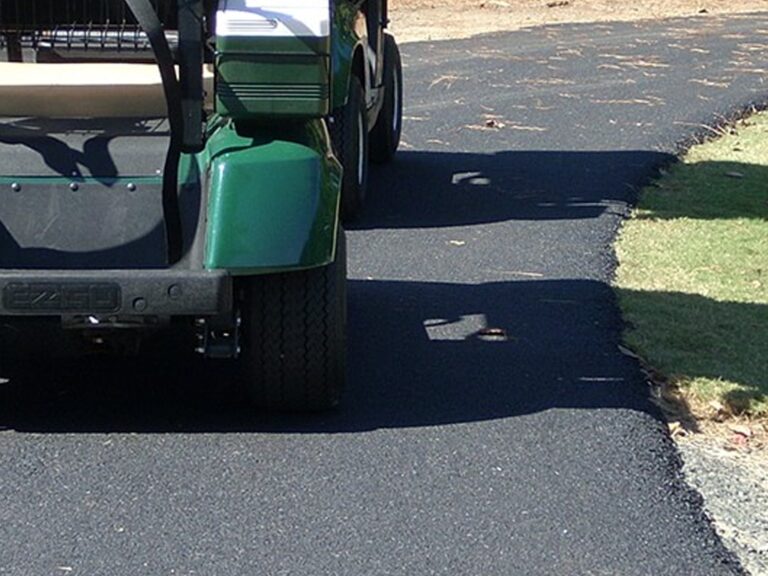
Golf Courses/ Country Clubs South Florida’s golf courses and country clubs are some of the most prestigious in the world. Golf courses and country club
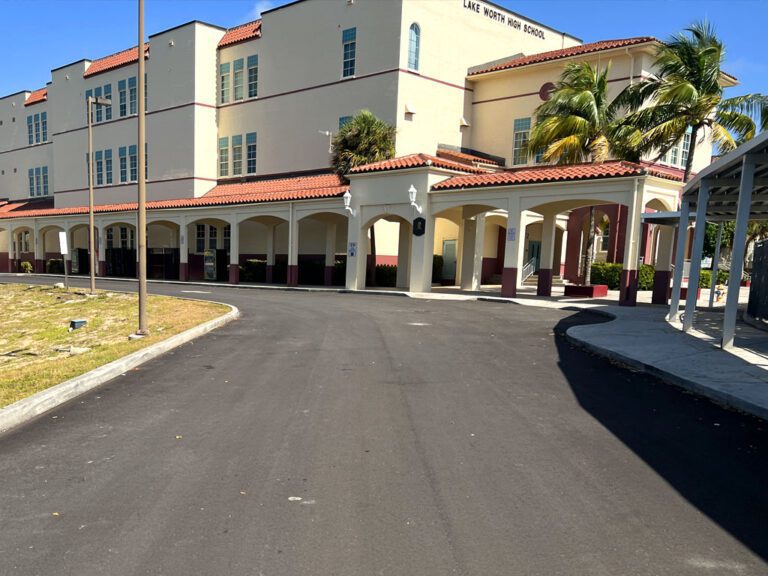
Colleges/ Universities 3-D Paving specializes in all asphalt & concrete paving services for schools and universities throughout South Florida. We have the experience and expertise
When many retirees downsize or relocate, they choose to buy or lease in a community specifically designed for people over the age of 55. Prior

Whether they own a small shop or manage a grocery store, all retailers know that they are in a competitive industry. However, managing a big
Tel: 1. 855. 735. 7623
Email: Info@3-DPaving.com
Broward County
2801 N University Drive, Ste 302,
Coral Springs, FL 33065
Palm Beach County
12930 Arrowwood Drive
West Palm Beach, FL 33418